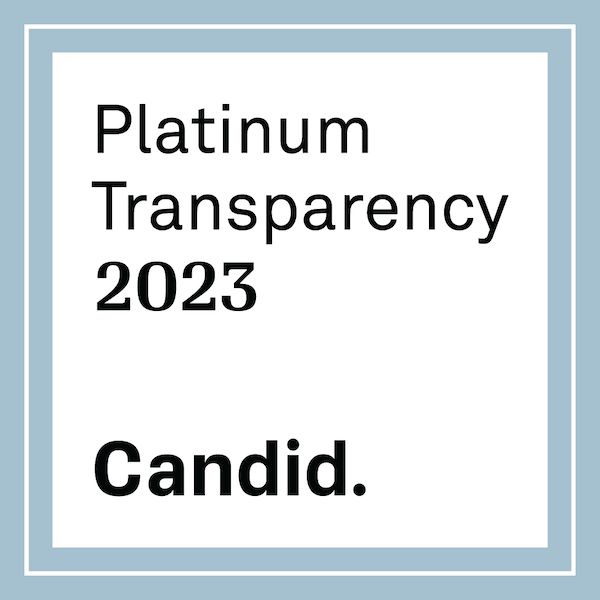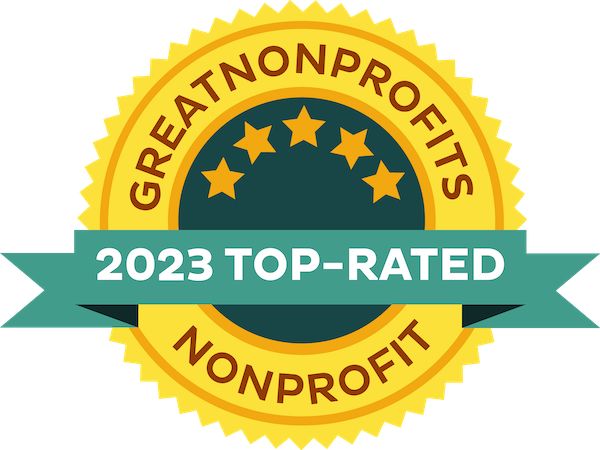Where your money goes
Zero loan fees
100% of your loans go to local communities. Kiva never takes a fee from lenders, which means 100% of the funds you lend on Kiva go toward supporting borrowers’ loans.
Donations to Kiva
Kiva covers operating costs primarily through the generosity of our lenders, who can choose to make donations in addition to loans. We cover more than two-thirds of our operating costs through these voluntary donations from Kiva lenders. The remainder of our costs are covered through grants, donations from foundations and supporters and Lending Partner service fees. This model of fundraising helps promote sustainability, by keeping our fundraising costs low and tapping into the power of the crowd to help cover our costs.
Charity ratings
Kiva's staff and volunteers work hard to ensure every dollar donated to Kiva is used efficiently, and we’ve received recognition for our commitment.

"Incredible organisation, so unique in the way they support people with loans that then go back into the system to help more people! I love the updates they send and getting to decide where my funds go every month." -Sarah, GuideStar review

"I've been involved with Kiva for several years, and my experience has been nothing short of transformative. Kiva stands out as a remarkable platform that bridges the gap between lenders and borrowers, making it possible for underserved entrepreneurs from all corners of the globe to access the capital they need to grow their businesses and improve their lives." -Ravidor, Great Nonprofits reviewer
Organizational structure
While making a loan on Kiva may seem like a simple thing, there’s a lot that goes on behind the scenes. As such, Kiva is structured as separate entities:
Kiva Microfunds is based in California and registered as a 501(c)(3) nonprofit organization. All donations made to Kiva go to support Kiva Microfunds and are used to cover the operating costs of running Kiva. Kiva User Funds LLC is a separate entity that holds all funds belonging to Kiva users. Kiva prioritizes safety of principal and liquidity for these funds which may be held in bank accounts with financial institutions, US treasury securities or money market funds that invest in government securities. These accounts for users’ funds are fully separated from Kiva’s operational funds. Kiva-DAF LLC holds donor advised funds to facilitate lending on Kiva's platform and donations from Kiva's strategic partners (such as charitable foundations). In addition to lending on kiva.org, qualified individual and institutional investors may invest in one of Kiva’s impact-first private investment funds, managed by its wholly-owned subsidiary, Kiva Capital Management, LLC. Learn more about Kiva Capital Management. As of June 30, 2022, we announced Kiva is ending the operations of Kiva Protocol LLC.
Audited financials and tax filings
Beginning in 2022, Kiva’s fiscal year was updated from a calendar year-end to a June 30 fiscal year-end. Due to the fiscal year shift, Kiva’s audited financials cover an 18-month period, January 1, 2021 to June 30, 2022. The 2021 990 covers the last full calendar year during this period, January 1, 2021 to December 31, 2021. The 2022 990 covers the remainder of this period following our 2021 990, from January 1, 2022 to June 30, 2022. For the 18-month period ending June 30, 2022, all entities listed above have been consolidated for GAAP reporting purposes and financial transparency across Kiva's activities. KUF funds belonging to Kiva lenders continue to remain separate and segregated from Kiva Microfunds and any activities designated for Kiva's operations.
Kiva's audit committee is a committee of the board of directors responsible for oversight of financial reporting, related internal controls, selection of the independent auditor, and receipt and review of audit results and the annual 990. At present, Maya Chorengel and John Muller serve on the committee.